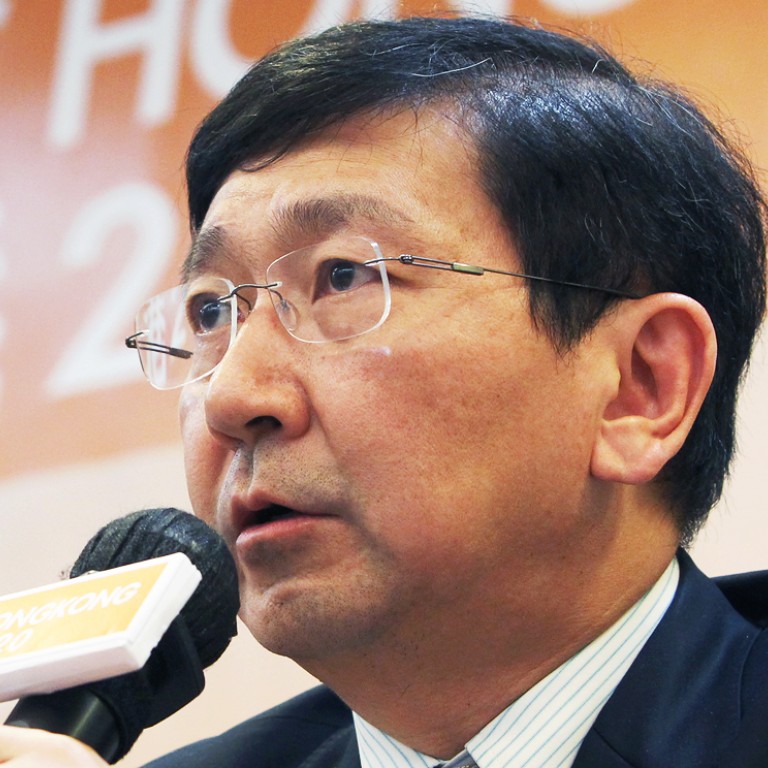
Hong Kong University council member alleges pro-Beijing meddling over pro-vice-chancellor choice
The pro-Beijing media's incessant attacks on the former law dean of the University of Hong Kong have amounted to "interference", a member of the university's governing body says.
Dr Cheung Kie-chung, who sits on the HKU council, made the comment to the media after he and other council members met Chief Executive Leung Chun-ying at a luncheon on Wednesday.
Referring to reports in accusing pro-democracy scholar Johannes Chan Man-mun of lowering the law faculty's research quality, Cheung said he felt that the reports were "interfering" with university administration.
Chan is believed to be a candidate for a pro-vice-chancellor post at HKU.
"We at the council are still waiting for the search committee for the post to submit a name to us," said Cheung, who is also vice-chairman of the HKU Academic Staff Association.
"The newspaper has run so many articles based on the Research Assessment Exercise (RAE) results. The conclusion it drew - relating the results to the [former] dean's leadership - is problematic," he said, referring to the exercise that showed HKU's law school had a lower percentage of research qualifying for top ranking than that of Chinese University.
But Cheung said Chan's case was not discussed at the luncheon.
Council chairman Dr Leong Che-hung said he saw the luncheon only as a "social occasion", and discussion focused on staff shortages and student accommodation.
Asked if he felt that political interference was involved, Leong said: "I am not involved in the selection ... I believe everyone in the search committee and my fellow council members will stick to the principle of finding the best candidate."
The controversy has prompted more heavyweights to back Chan and the law faculty. Former chief editor Kevin Lau Chun-to wrote in the newspaper that he knew "some extremely influential people in the government" had called up council members, telling them to reject Chan's candidature, even though the search committee had unanimously recommended it.
Edward Chan King-sang, the Bar Association's representative in the faculty, said the RAE was "by no means a comprehensive test" of standards, as it did not give high regard to HKU publications that were helpful to students. Bar scholarships had been awarded mostly to HKU students in the past three years, he added.
HKU arts dean Douglas Kerr said deans were consulted as stakeholders and he "[had] the very highest opinion" of Chan, who was "outstanding, principled, fair-minded and very experienced as a university administrator". Kerr said HKU "was lucky to have him in any capacity".

